The volume of the Project of the History of Science, Philosophy and Culture in Indian civilization aim at discovering the main aspects of India’s heritage and present them in an interrelated way. These volumes, in spite of their unitary look, recognize the difference between the areas of material civilization and those of ideational culture. The Project is not being executed by a single group of thinkers who are methodologically uniform or ideologically identical in their commitments. In fact, contributions are made by different scholars with different ideological persuasions and methodological approaches. The Project is marked by what may be called ‘methodological pluralism’. In spite of its primarily historical character, this Project, both in its conceptualization and execution, has been shaped by scholars drawn from different disciplines. It is for the first time that an endeavour of such a unique and comprehensive character has been undertaken to study critically a major world civilization like India. India and China: Twenty Centuries of Civilizational Interaction and Vibrations tells the story of the longest available civilizational dialogue in world history. Geng Yinzeng’s comprehensive chronology of India-China interaction (Chapter 11) is divided into five phases. In gravitates on phase 2 (64-644 AD.) that centres on the movement of Buddhism into China, phase 3 (645-1161 AD.) featuring intensive building up of Buddhist socio-political and cultural infrastructure on Chinese soil with Indian monks and Chinese ruling elite pouring their wisdom and energy, and phase 4 (1219-1765 AD.) moving to diplomatic and trade activities between the imperial court of China and the coastal states of India. Chapter 12 gives life sketches of 226 eminent Indian monks traveling to China and 118 Chinese pilgrims traveling to India. Chapter 10 introduces Chinese source materials for reference and further research. The first 8 Chapter are Tan Chung’s discourse on Geng Yinzeng’s historiography highlighting the beneficial results of India-China civilizational interaction, what the author terms “Sino-Indic ratna†permeating China’s political, social and cultural development. Chapter 9 details the development of Chinese “dragon and phoenix cultureâ€, as the consequences of cross-fertilization between Chinese legends of long and feng and Indian mythology of naga and garuda. Through this historical study the two auathors express their conviction that civilizations do not clash.
History of Science, Philosophy and Culture in Indian Civilization: India and China: Twenty Centuries of Civilizational Interaction and Vibrations (Volume III, Part 6)
Add to favorites
Contents
$108.00
$120.00
In stock
Free & Quick Delivery Worldwide
All orders amounting to US$ 50 or more qualify for Free Delivery Worldwide. For orders less than US$ 50, we offer Standard Delivery at $14 per book.
ABOUT THE AUTHOR D P Chattopadhyaya
D.P. Chattopadhyaya, Professor of Philosophy, jadavpur University, is currently working as Research Scientist of the University Grants Commission. Among his numerous published works are Individuals and Societies(1967), Individuals and Worlds (1976), environment Evolution and Value (1982), Humans Meanings Existences (1983), Sri Aurobindo and Karl Marx (1988). His forthcoming books are Induction Probability and Scepticism and Anthropology and historiography of Science.
ABOUT THE AUTHOR Geng Yinzeng
Geng Yinzeng, a retired Professor of the Institute of Afro-Asian Studies of Peking University, also worked in the Chinese History Museum, Beijing. She participated in many important publication projects such as Album Illustrating Five Thousand Years of China and History of Cultural Interactions between China and Foreign Countries. Her books include Zhongguo zaijizhong Nanya shiliao huibian (Collection of South Asian historical materials from Chinese sources), Hanwen Nanya shiliao xue (Historical data of South Asia from Chinese sources), and Zhongguoren yu Yinduyang (Chinese and the Indian Ocean).
ABOUT THE AUTHOR Tan Chung
Tan Chung is an Indian citizen of Chinese descent born in Malaya in 1929, having lived, first, in China for 23 years and then in India for 44 years till date. He stepped into the shoes of his illustrious father, Prof. Tanyun-shan (1898-1983) of Santiniketan-a pioneer of Chinese studies in India and Sino-Indian studies-and contributed to the building up of the Chinese studies programmes in Delhi University and Jawaharlal Nehru University from 1964 up till 1994 when he finally retired from JNU as Professor of Chinese. He has been a Consultant of IGNCA from 1989 onwards to help develop its East Asian Programme. He has authored many books, among which, China and the Brave New World and also Triton and Dragon (a Gyan Publication) are textbooks for history courses inIndian and foreign universities. His Dunbuang Art Through the Eyes of Duan Wenjie is a reference book for art courses on US and other English language compuses.
reviews
0 in total
Review by Anonymous
History of Science, Philosophy and Culture in Indian Civilization: India and China: Twenty Centuries of Civilizational Interaction and Vibrations (Volume III, Part 6)
Be the first to review “History of Science, Philosophy and Culture in Indian Civilization: India and China: Twenty Centuries of Civilizational Interaction and Vibrations (Volume III, Part 6)” Cancel reply
You must be logged in to post a review.
Bibliographic information
Title
History of Science, Philosophy and Culture in Indian Civilization: India and China: Twenty Centuries of Civilizational Interaction and Vibrations (Volume III, Part 6)
Author
Edition
1st ed.
Publisher
ISBN
8187586214
Length
xxxiv+548p., Map; Notes; Glossary; Bibliography; Index; 29cm.
Subjects
tags
#Chinamore by D P Chattopadhyaya see more
Architecture in India: History of Science, Philosophy and Culture in Indian Civilization, Volume VI, Part 2
The volumes of the PROJECT ...
$118.80
$132.00

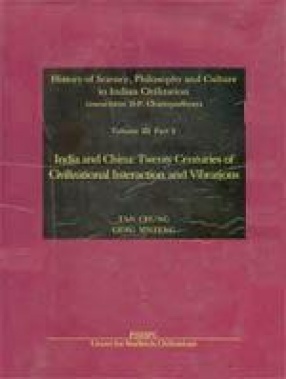
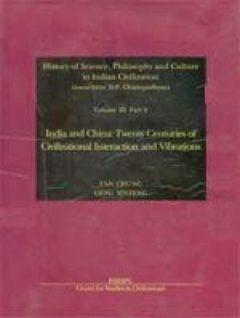
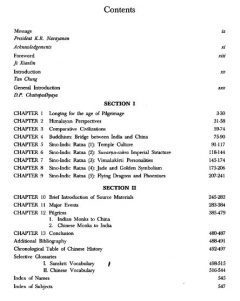
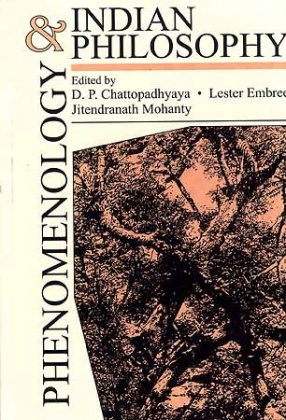
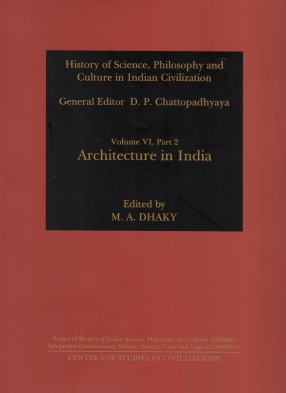
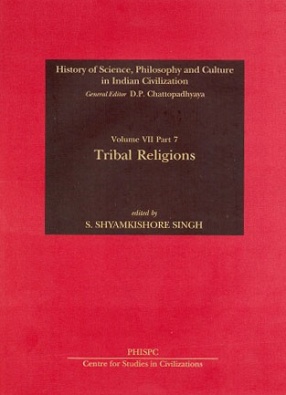
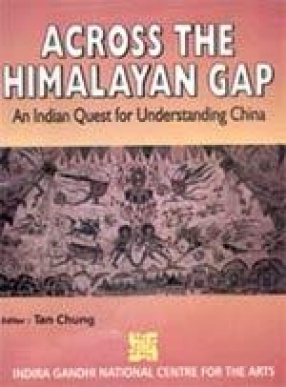
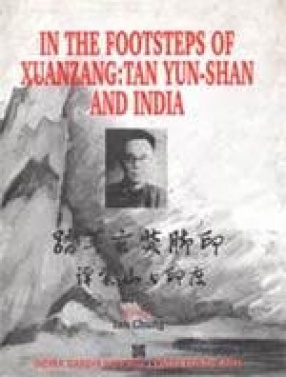
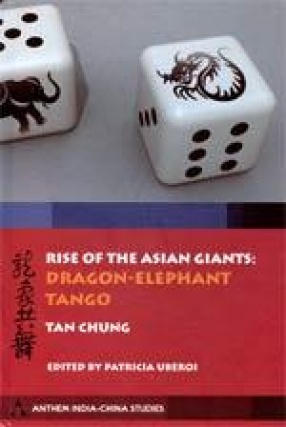
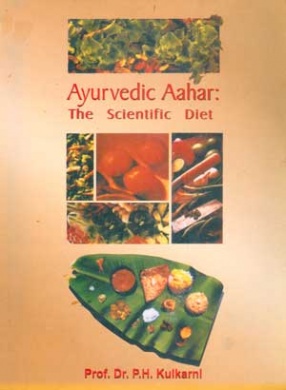
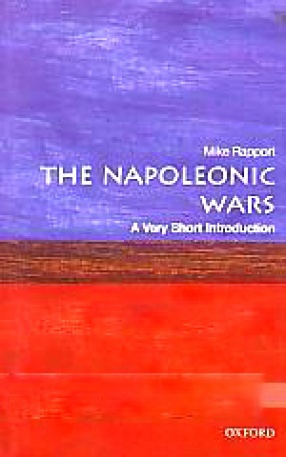

There are no reviews yet.